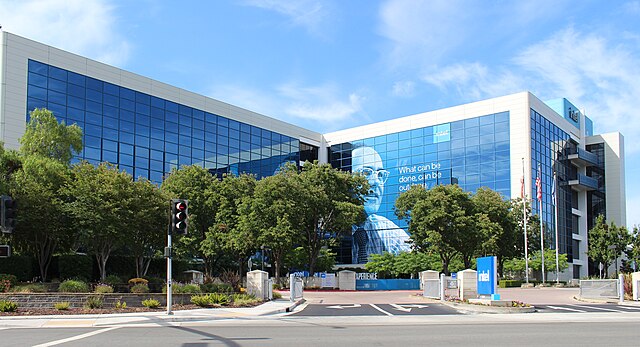The sudden resignation of Intel (INTC) board member Lip-Bu Tan has raised concerns about the company’s ongoing struggles to regain its position as a leading global chipmaker. Tan, a veteran of the semiconductor industry, left after clashing with CEO Pat Gelsinger and other board members over what he saw as Intel’s bloated workforce, risk-averse culture, and slow progress in artificial intelligence (AI) development. Tan's departure, which he publicly attributed to personal reasons, leaves a significant gap in chip industry expertise on Intel's board, a void that could further complicate the company’s ambitious turnaround plans.
Tan joined Intel's board two years ago as part of a broader effort to revitalize the company, but his frustration grew as he encountered resistance to his recommendations for streamlining operations and focusing on AI. His exit comes at a time when Intel is facing one of its most challenging periods in decades, marked by layoffs, a paused dividend, and a sharp decline in market value. The company’s struggles have left it vulnerable to potential activist shareholder actions, with former executives noting that Intel has already hired investment bank Morgan Stanley to prepare a defense.
Market Overview:- Intel board member Lip-Bu Tan resigns amid strategic disagreements.
- Intel faces challenges in building a successful foundry business.
- The company’s AI efforts are lagging behind competitors like Nvidia (NVDA).
- Tan’s departure leaves a gap in semiconductor expertise on Intel’s board.
- Intel’s attempt to acquire Tower Semiconductor was blocked by Chinese regulators.
- Intel’s struggles have made it vulnerable to activist shareholder actions.
- Intel’s ability to navigate current challenges is critical to its future success.
- The company’s focus on building new factories raises investor concerns.
- Intel’s board must address the lack of experienced leadership in the semiconductor industry.
Intel’s challenges are not limited to internal issues. The company’s plan to build a foundry business, intended to compete with industry leader Taiwan Semiconductor Manufacturing (TSM), has encountered significant obstacles. Intel’s attempt to acquire Tower Semiconductor, a move that would have bolstered its contract manufacturing capabilities, was blocked by Chinese regulators, leaving the company without the expertise needed to attract external customers. The lack of a major foundry customer, coupled with internal resistance to reform, has raised doubts about the viability of Intel’s turnaround strategy.
The departure of Tan, who was seen as a key advocate for necessary changes within Intel, underscores the uncertainty surrounding the company’s future. With competitors like Nvidia capitalizing on the AI boom, Intel’s ability to navigate its current challenges will be critical. The company’s continued focus on building new factories, despite the lack of significant customer commitments, has further strained investor confidence. As Intel faces mounting pressure to deliver results, the absence of experienced semiconductor industry leadership on its board could hinder its ability to execute its ambitious plans.




